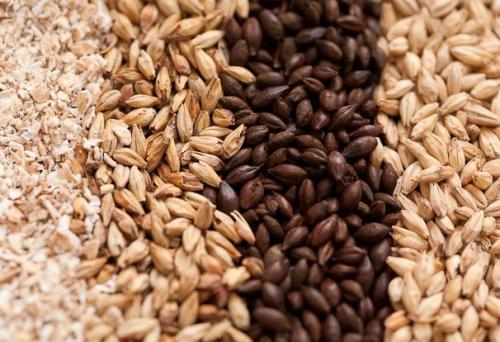Method for Improving Beer Brewing Efficiency
If there is one drink that is highly popular in social circles, it would be beer.
It is one of the drinks of choice for many people, and has become an integral part of modern society and culture.
For those who are into this industry, things are a lot more than just drinking socially.
To them, it’s a business and a way of life. And if there is one thing that matters in these circles, it would be productivity.
All businesses, without exception, will require a certain degree of productivity to maintain viability. Without this efficiency, it is entirely possible that the business can go down under.
Then again, it may not always be a business that cares about beer brewing efficiency. In other cases, it might just be someone trying to prepare a good home brew, without the profits in mind.
Either way, there are a lot of questions as to how this efficiency can be achieved.

The solution to the efficiency question is not something that has a simple answer.
On the contrary, there are hosts of different ways in which the efficiency can be raised. Some of the most useful strategies for improving beer brewing efficiency are laid out in the steps mentioned below:
- Improve Grain Milling
This is one of the best ways in which the efficiency of the beer brewing process can be increased.
The reason for this is because finer particles can be processed and broken down easier than those which are large in size.
One of the best ways to get the process done right is through the use of a double roller mill, which allows for the inner part of the grain to be crushed, while leaving the husk more or less intact.
- Maintain Optimal Temperatures, Especially During Fermentation
Another useful step that can be used to raise the efficiency of the brewing process would be the maintenance of an optimal temperature.
This is because the right temperature can help in the proper breakdown of the ingredients, while the opposite will occur if a suitable temperature is not available.
The ideal temperature in general, for the preparation of beer is approximately 42 F and 48 F.
- Ensure a Clean Filtration System
The filtration system helps in sieving out the pure wort, etc from the husk and other residue.
The clogging of this system can result in a greatly reduced degree of efficiency than what would have otherwise been the case.
It is therefore necessary that the filtration system is cleaned out at regular intervals, and prevent the accumulation of any residue in it.
- Clean Up the Entire Brewing Equipment at Regular Intervals
This is more of a general but important step that has to be undertaken, and an extension of the previous point.
Almost any equipment will eventually get clogged and filled with the residue of the previous batches. This means that unless the accumulated wastes are eliminated in a suitable manner, there will be a steady reduction in the overall efficiency as well.
It is therefore necessary that the equipment is cleaned up at regular intervals, so as to maintain optimum efficiency.
- Slow Down the Sparging Process
The sparging process refers to the process where the ingredients are sprayed with water, so as to moisten them.
It is a good idea to slow down this process, using as slow and steady a water source as possible, so as to allow for all of the sugars to be extracted from the ingredients, for wort preparation.
Should the flow of water be too fast, a good portion of the sugars might just end up still in the mix, rather than with the already extracted wort.
- Maintain Optimal pH Levels
The pH of any liquid, or substance for that matter, explains how basic or acidic it is.
In order for the beer to be produced in an efficient manner, it is important that the pH of the mixture is in the ideal range.
For example, the ideal pH of the mashing process is around 5.2 to 5.5, for it is at this range that the ingredients are broken down in the most efficient way possible. Likewise, the ideal pH for the fermentation process is about 4.2, in order for the yeast to adequately act on the ingredients. Similar variations exist at other stages of the brewing process as well.
If the ideal pH doesn’t exist, it can be achieved through the addition of suitable chemicals like calcium chloride, calcium carbonate, etc.
- Maintain Optimal Hydration Levels
This is one of the more ignored strategies to increase brewing efficiencies.
The fermentation process requires an optimal level of hydration, or quantity of water, for the ingredients to be turned into alcohol.
It is therefore important that adequate amounts of water be used, such that the mix used for brewing is neither too sticky, nor watery. The ideal combination of the mix should be somewhere between these two distinct ends.
As a whole, the above mentioned steps are some of the best ways in which the efficiency of beer brewing can be improved significantly.
Do note that there are many more such steps as well, that can be applied. The above mentioned steps are but some of the most popular ones around used by businesses and individuals alike.



